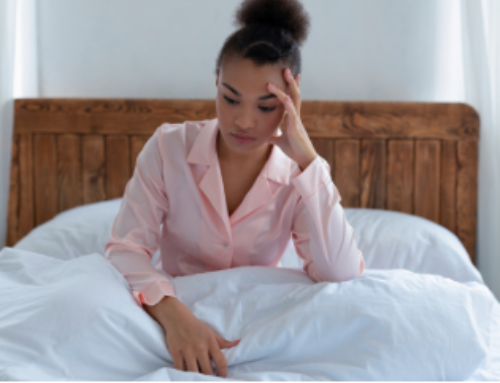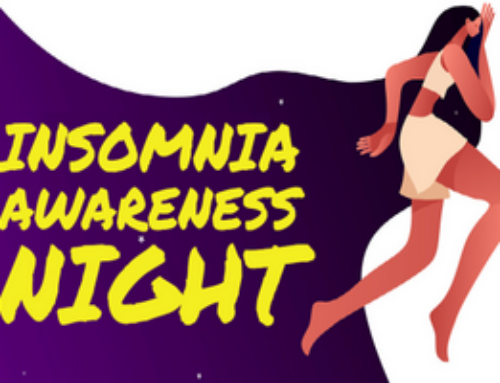A new study finds that the way we handle stress could cause insomnia.
Results show that coping with a stressful event by giving up on dealing with the stress or by using alcohol or drugs each helps trigger the relationship between stress exposure and insomnia development. Surprisingly, the coping technique of self-distraction – such as going to the movies or watching TV – also helped trigger stress and incident insomnia. Furthermore, the study found that frequent thoughts about the stressor – was a significant and key trigger, accounting for 69 percent of the total effect of stress exposure on insomnia.
“Our study is among the first to show that it’s not the number of stressors, but your reaction to them that determines the likelihood of experiencing insomnia,” said lead author Vivek Pillai, PhD, research fellow at the Sleep Disorders & Research Center at Henry Ford Hospital in Detroit, Michigan. “While a stressful event can lead to a bad night of sleep, it’s what you do in response to stress that can be the difference between a few bad nights and chronic insomnia.”
The study involved data from almost 3,000 people with no lifetime history of insomnia. Participants answered questionnaires about stress, coping and insomnia. People who had more stressors were more likely to have trouble sleeping.
The study looked at three different coping strategies: using drugs or alcohol, distracting yourself with TV or a movie or giving up trying to deal with the stress.
“Though we may not be able to control external events, we can reduce their burden by staying away from certain maladaptive behaviors,” said Pillai.
The American Academy of Sleep Medicine reports that short-term insomnia disorder lasting less than three months occurs in 15 to 20 percent of adults and is more prevalent in women than in men.





